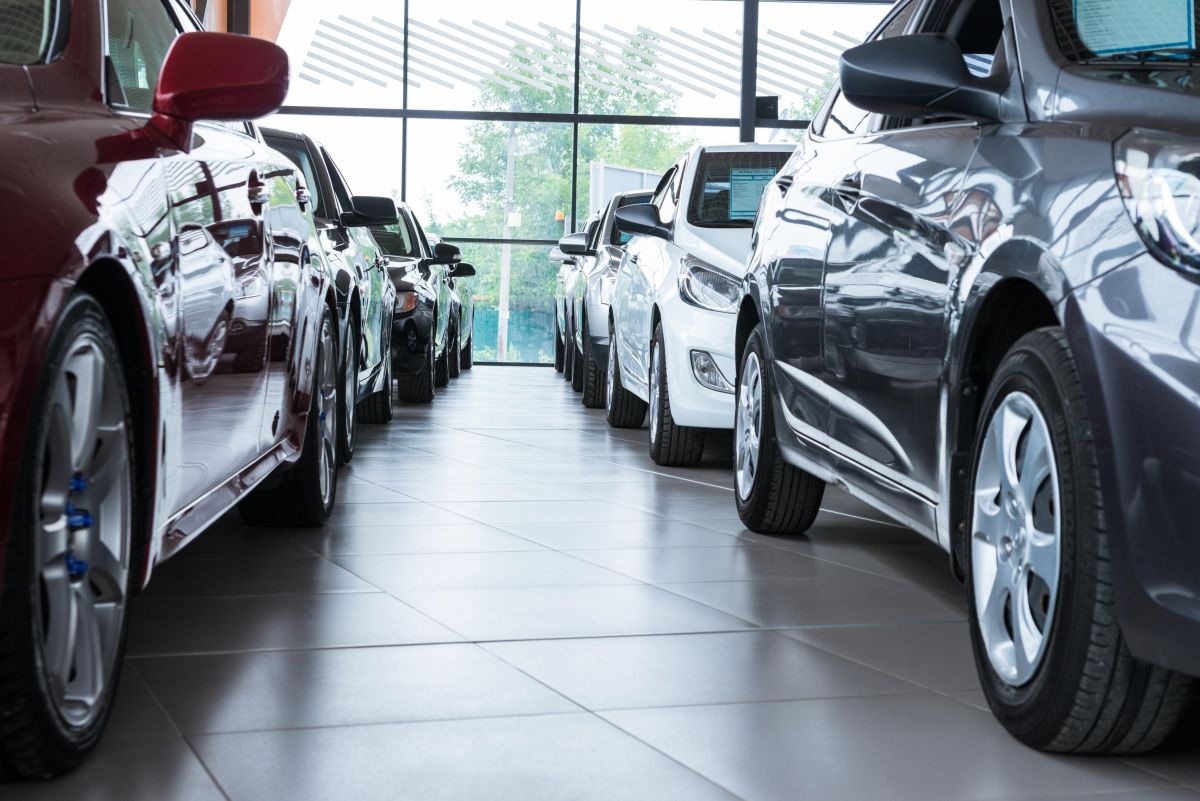The U.S. auto market is set for a shift towards stability and normalcy in 2024, according to Cox Automotive's latest industry forecast, marking a departure from the tumultuous trends observed in recent years, offering a more predictable landscape for consumers and dealers alike.
However, buying preferences among consumers may shift, as the 2024 State of the American Driver Report by Jerry, the AllCar app, suggests hybrids are now more favored than electric vehicles (EVs.)
Slow Growth, But a Stable Economy Awaits
According to Cox Automotive, the U.S. economy in 2024 is expected to witness modest growth without succumbing to a recession. Despite persistent high interest rates and subdued inflation, the economy will likely avoid the volatility of past years.
"The past four years have been chaotic, even by auto industry standards," said Jonathan Smoke, chief economist at Cox Automotive. This stability is projected to maintain a healthy automotive industry, despite potential slowdowns in job and income growth.
With car insurance premiums soaring, nearly a quarter (22%) of drivers who responded to the Jerry survey, including 39% of Gen Z and 32% of Millennials, had to settle for less coverage than desired. This situation is exacerbated by the fact that over half (58%) of American drivers had to cut spending in other areas like dining, clothing and groceries due to high car ownership costs.
Rising Vehicle Supply Benefits Consumers
In a significant turn, vehicle supply is predicted to return to pre-pandemic levels in 2024, favorably impacting consumers. New-vehicle inventory could triple compared to the numbers during the chip shortage, easing prices and increasing incentives. New-vehicle transaction prices are expected to decline moderately, making vehicles more affordable for buyers.
Jerry's survey found a significant number of drivers (42%) planning to purchase a new or used car in the coming year, nearly doubling from last year's 23%.
The End of the Seller's Market
The year 2024 also signals the end of the seller's market in the auto industry. Dealerships will likely face challenges in maintaining profit margins, especially in the sales departments for new vehicles. The shift towards more expensive models and rising costs may put additional pressure on transaction prices and dealer profits.
Jerry's report highlighted a potential shake-up in the car selling business. With Amazon planning to let people shop for vehicles on its site, over half (57%) of the respondents said they would consider buying a car on Amazon, reflecting a growing acceptance of online platforms for major purchases.
EVs, Hybrids Gain Traction
Cox Automotive forecasts the EV market as poised for significant growth, dubbing 2024 the "Year of More" for EVs. This growth will encompass an increase in models, incentives, discounts and sales efforts. EV sales in the U.S. are expected to surpass the 1 million-unit mark set in 2023.
Jerry's report, on the other hand, found a decline in interest for EVs. Only 41% of its survey respondents expressed interest in buying or leasing an EV for their next vehicle, a decrease from 49% in the previous year. Furthermore, when given a choice between two identically priced vehicles---one a hybrid and the other an EV requiring plug-in charging---a staggering 83% opted for the hybrid.
A Return to Normalcy in Car Buying
After years of disruption, Cox Automotive anticipates a return to balance in the U.S. auto market in 2024. This new equilibrium will provide more options and better deals for consumers and fleet buyers. The firm also notes a shift in consumer behavior, with a renewed emphasis on owning personal transportation, contrasting with the trend observed in 2018.













